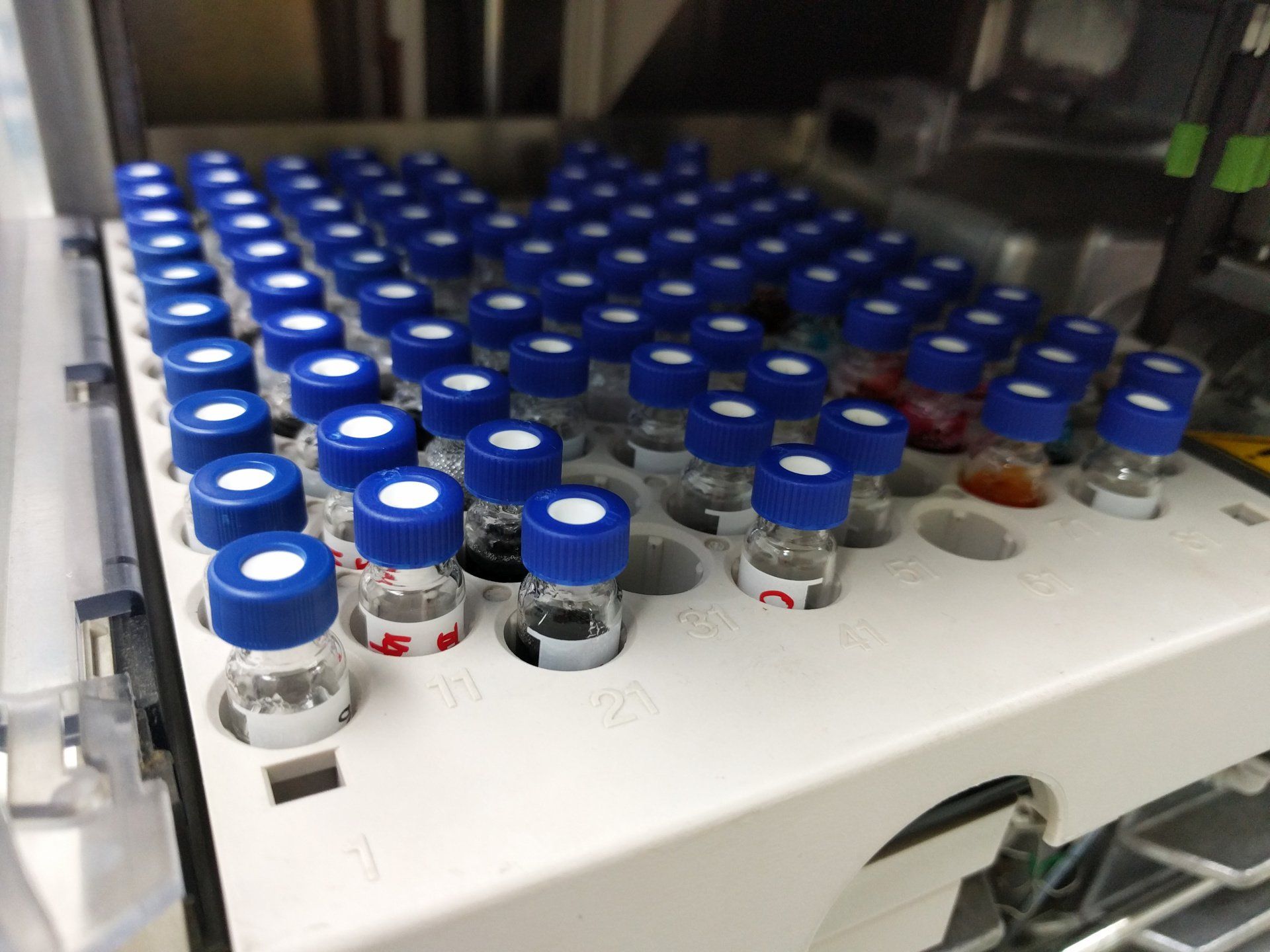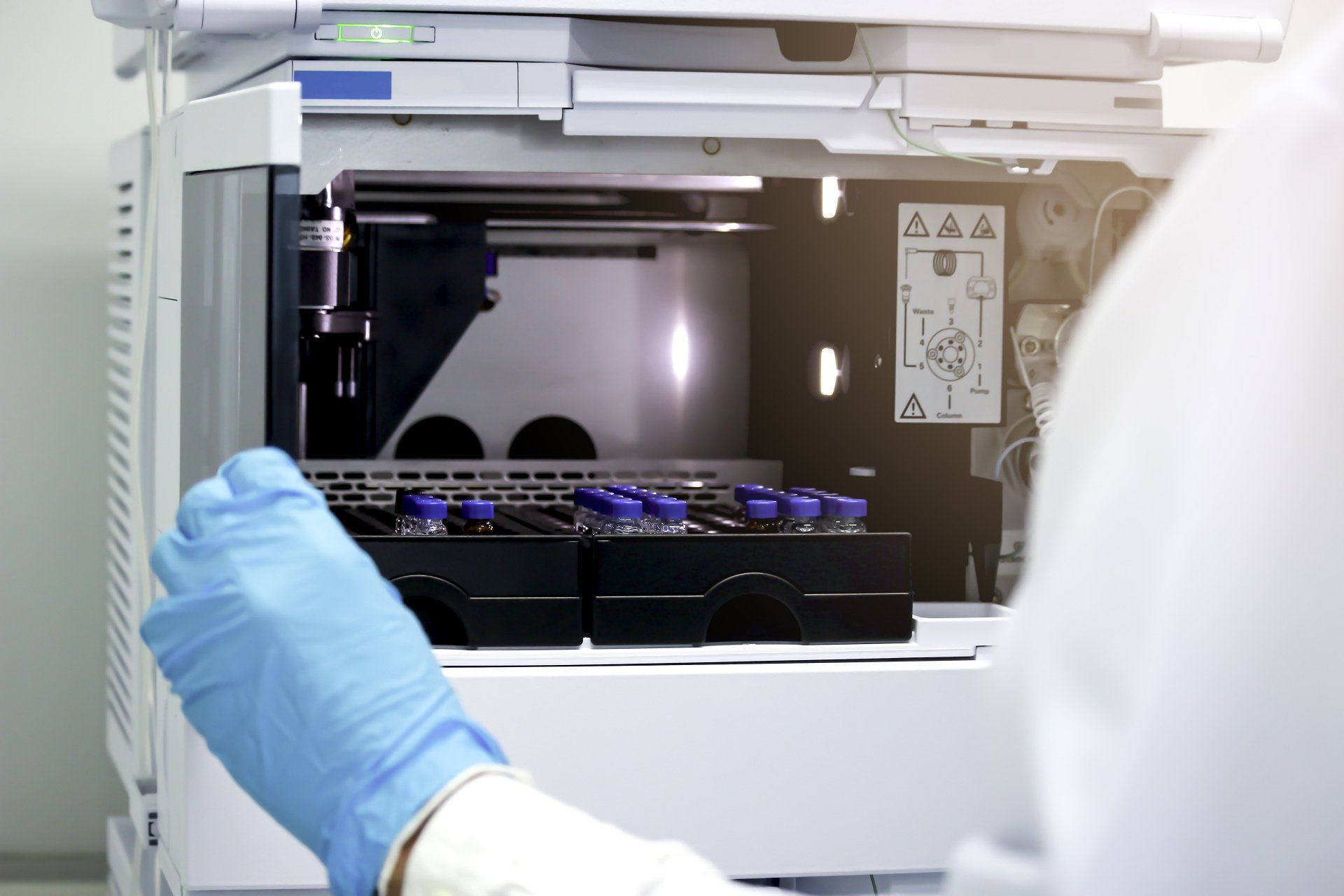Lab Relocation Assistance: The Five Keys to a Successful Move
Laboratory relocation is a significant undertaking. No matter which part of the laboratory lifecycle that this move is supporting, it needs to be handled in an effective, efficient, and thorough manner. Whether you are expanding, downsizing, merging, or simply updating, your operations and data stem from successfully managing any and every relocation. Due to this fact, having the right lab relocation assistance is critical. Here are the five things that you need to expect, and demand, from your relocation management team to ensure that your laboratory operations don’t miss a beat before, after, or during your move.
Communications Management for Laboratory Relocations
Consulting with the laboratory personnel teams and contractors, your relocation partner should establish communication channels.
They should also create a process to identify and determine procedures for the decommissioning and recommissioning of laboratory instrumentation for the duration of the relocation planning and eventual move.
Understanding Laboratory Operations During a Relocation
Your relocation manager should have or obtain a thorough understanding of your laboratory’s operations and needs. This ability can be attained through a formal discovery process that includes interviews and questionnaires from key laboratory and administrative personnel.
Establishing a Laboratory Relocation Plan
Every successful relocation begins with a thorough plan based on experience and expertise. Your relocation partner should provide a comprehensive plan that ensures the continuity of your operations, minimizing disruption. This plan should cover the critical logistics that synchronize the overall laboratory relocation phasing plan.
Laboratory Relocation Budget Management
A laboratory is a business at the end of the day and needs to operate on a budget. With expert insight and accounting for all direct and indirect costs that will be associated with the transition from one location to another, your relocation manager can develop an all-encompassing budget. This budget should be monitored and updated throughout the relocation process to make the best decisions possible.
Laboratory Relocation Management and Execution
Lastly comes the oversight of the actual relocation. This includes the de-installation, relocation, and reinstallation of all assets at the new location. Supervision will be provided on-site at both pre and post laboratories throughout the entire process.
The experienced team of project managers and engineers at Overbrook understands that managing a laboratory relocation is a full-time job with specific skill sets appropriate to the organizational, engineering, facilities, compliance, and experiential tasks required. With their proven track record of strategic planning and execution, you can avoid budget overruns, missed deadlines, and costly downtime.


Subscribe To Our Newsletter
We will get back to you as soon as possible.
Please try again later.


